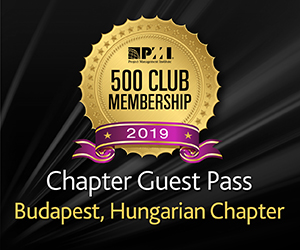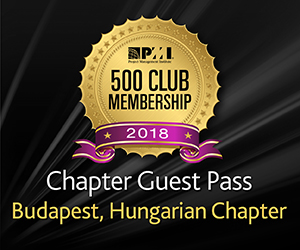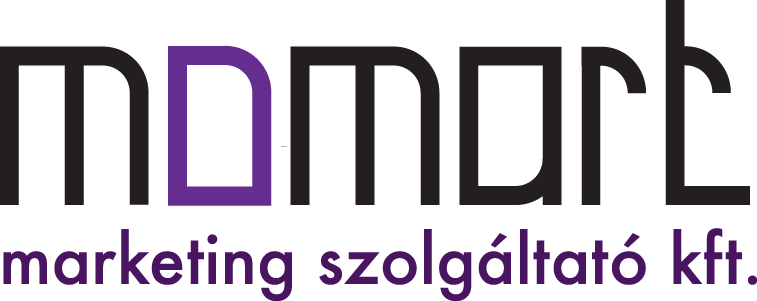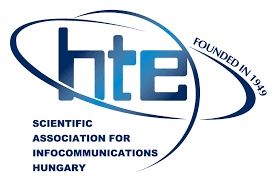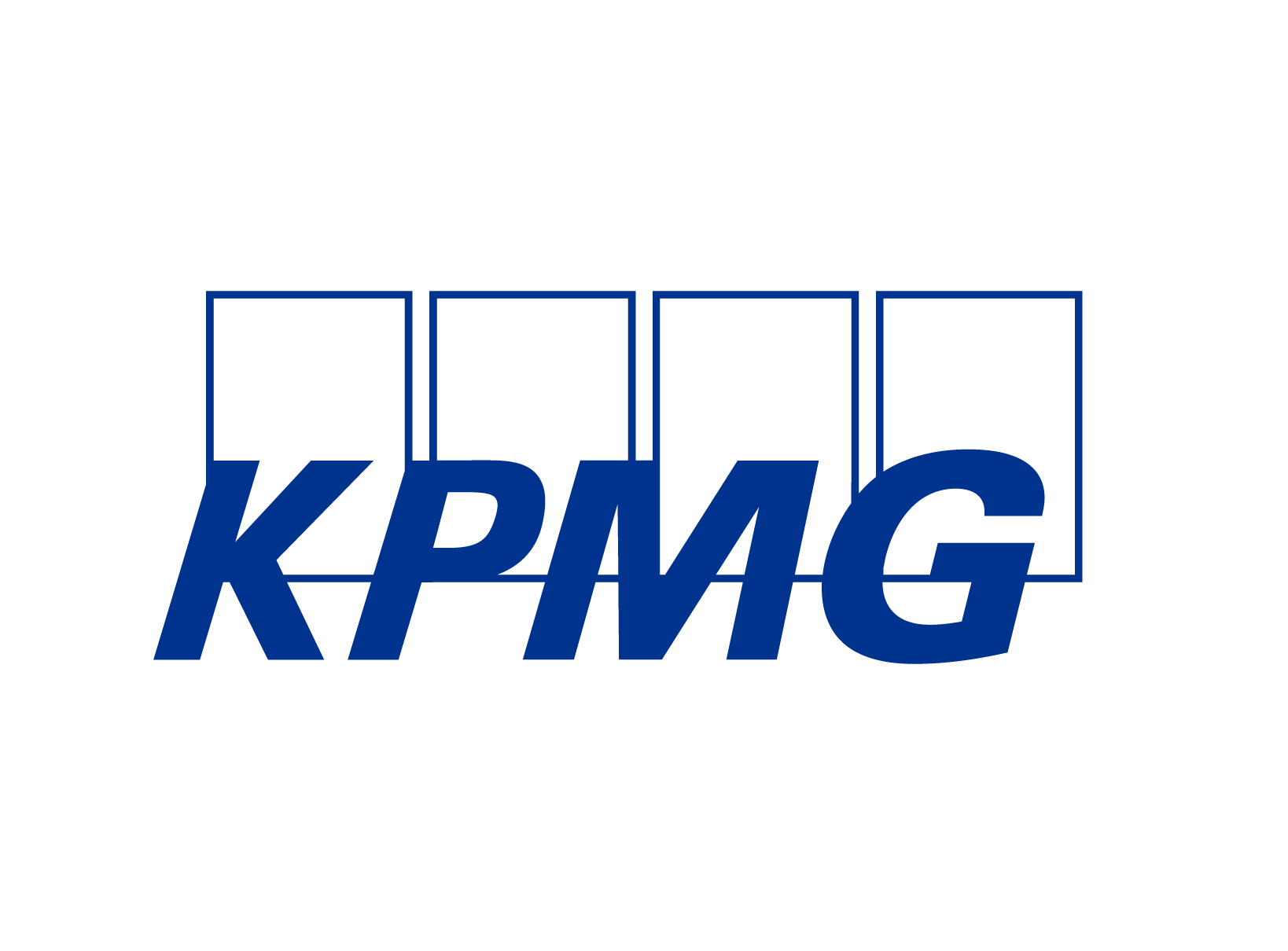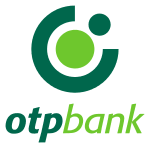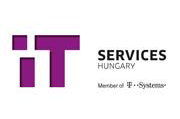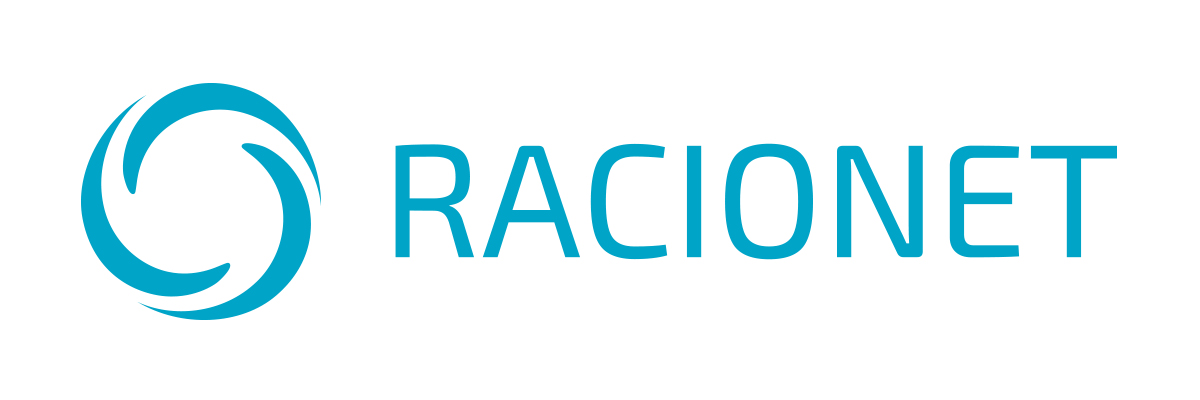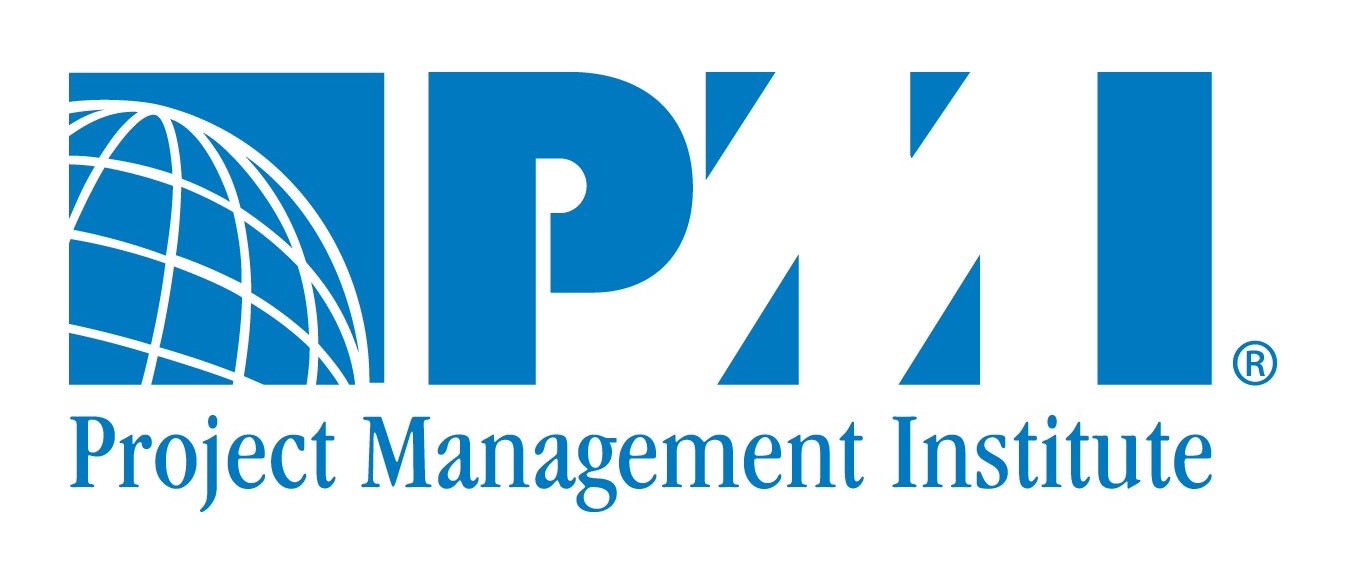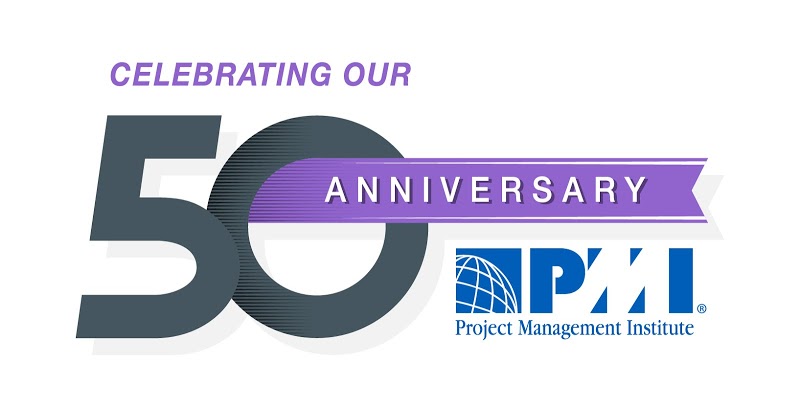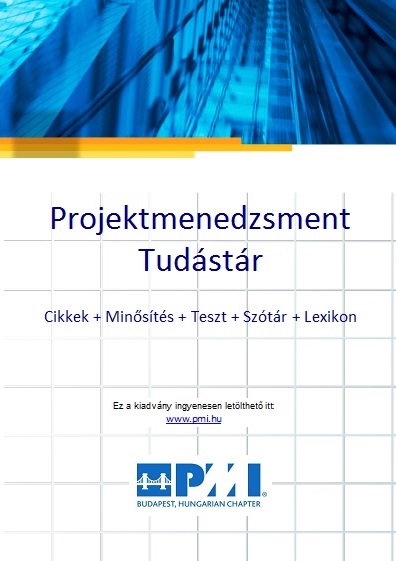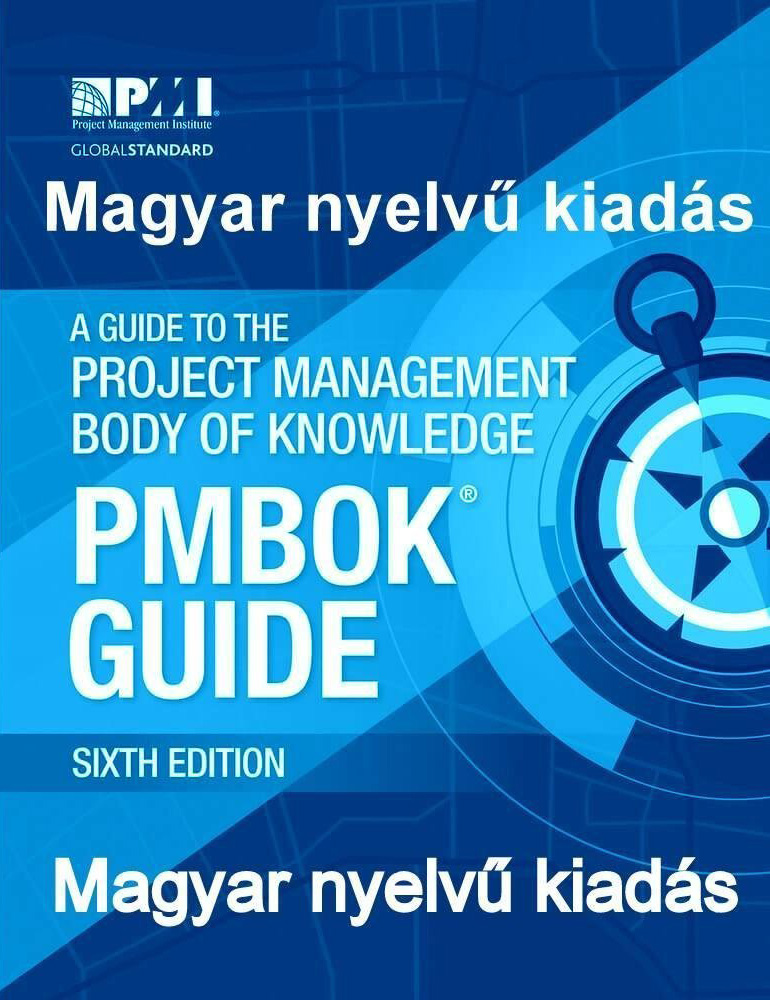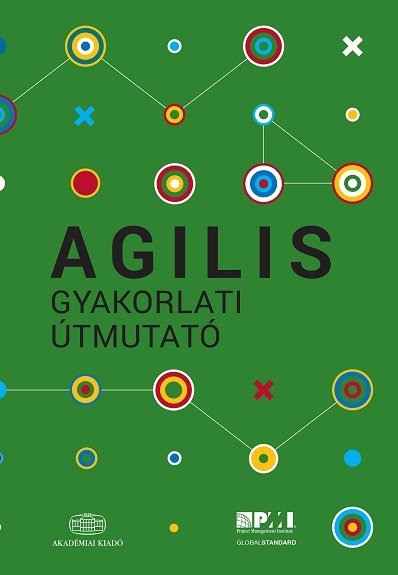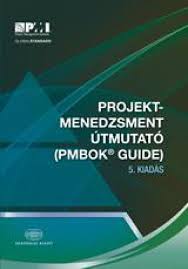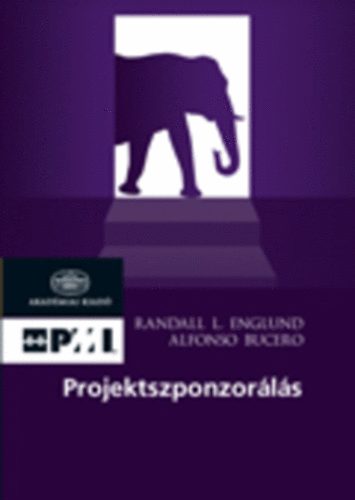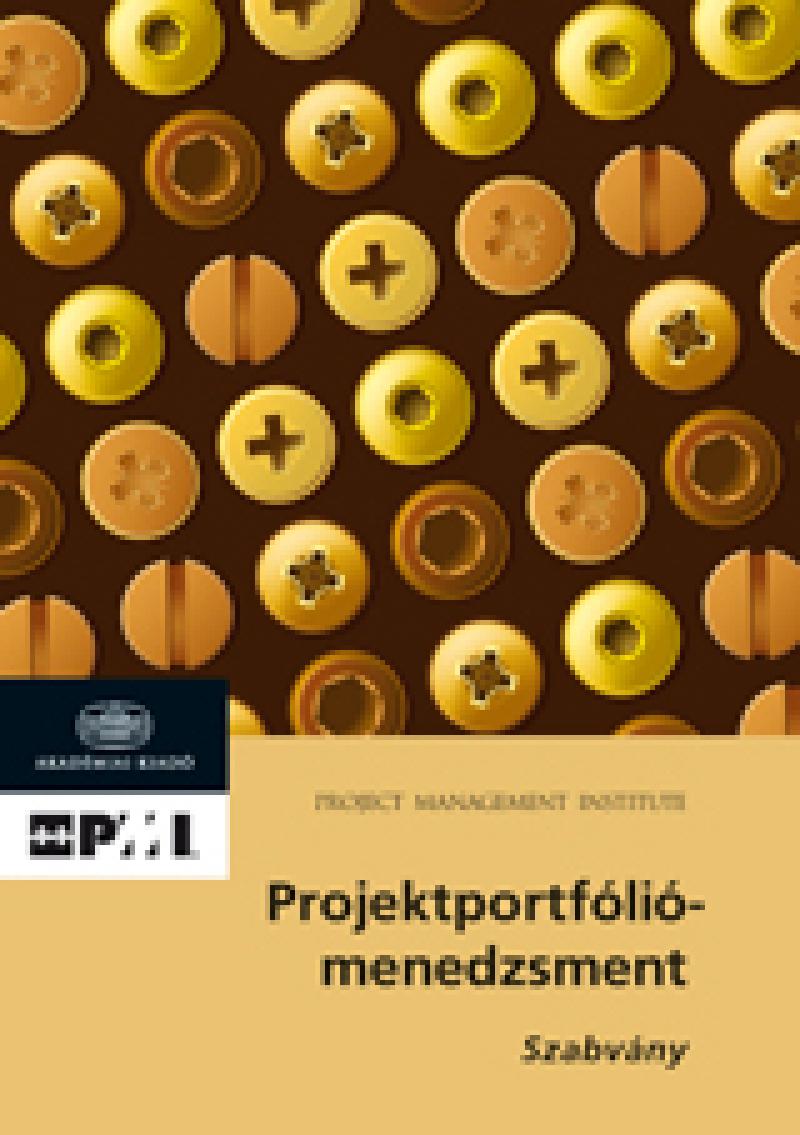Our special guest was Nigel Killeen who shared his thoughts and experiences about the importance of project management in organizations.
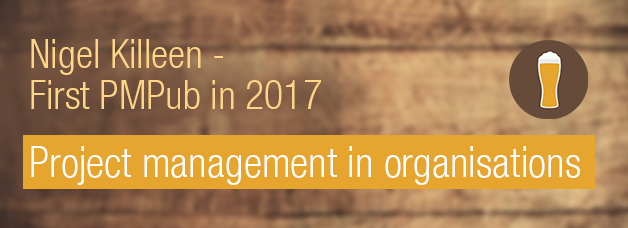
Nigel had worked 17 years at Coca-Cola Hellenic Bottling Company and working with multiple countries at group level from Nigeria to Russia to Central/Eastern Europe. He worked at Coca-Cola Hellenic as Business Solutions Design Manager, managing a team responsible for process design and project leadership across all HR process areas from Talent to Employee lifecycle processes working closely with technical delivery, Group HO and country operations. Before that he worked as a Recruitment consultant in the IT industry.
Background, the “first years”
Nigel described himself as a solutions consultant in the Human Resources space with a mix of process, systems and operational expertise. He started his career in Ireland with his first major job being Employee Relations Manager. This was a pure operational role around managing the day to day aspects of the HR department. A big part of which was negotiating with employee union representatives. It was quite a learning curve as he was in his mid-twenties and was thrown in the deep end to deal with some very experienced representatives across a range of issues including pay increase, redundancies, restructuring and disciplinary issues. It was a quite complex job.
Then at the end of 3 or more years he joined the SAP technology program and started working on what would be a major transformation to what they called standard templates. That is, designing a solution with a group of representative countries and then deploy through different waves across the full group. So, for the last 10+ years he has been working as a process leader, solutions design manager in this area. He worked across multi-disciplinary teams, part portfolio manager, part project manager. He had the good fortune to work in a very cross cultural environment which was a great learning experience.
First connection with project management
He is a strong believer that you have continually develop yourself during your career and take ownership for that, crucially, not to wait only for opportunities that your company can offer to you. One of the most significant development opportunities was learning about PMI . And this is where Project Management came in. He got to know about PMI and the whole path of certification in 2012. He had done some small project management courses, but really only got serious about it when he started to talk to others who had already started the PMI certification journey. He realised that there was a world of learning available. This came after he had been working in a project organisation for more than 6 years.
When he did the initial PMP, he could immediately see the value. He loved the fact that you could do it self-study and you could pace your own learning. He thinks what he learned in PMP was to put structure and concepts on a lot of things that he had experienced. The company had its own kind of distilled Project Management methodology coming from mainly from SAP. There was a big focus on defining scope, documentation and of course managing scope throughout the project. Collaboration meant educating people on the processes like in intake sessions. But once the requirements were elicited through the discovery session they were normally fixed resulting in negotiation between the project manager and the customer to manage scope and make sure changes were minimalised. So this was very traditional waterfall approach where the requirements were elicited, the technical and design team went away and built something and then the customer came back later to give the thumbs up or down during the testing phase.
Challenges regarding bringing project management methodologies to the organisation
He thinks depending on the organisation that you are in, the PM person or the person who is bringing this to an organisation really needs to step back and appreciate where the company is at in terms of its tacit knowledge of PM methodologies. It should be no surprise that how many operational people don’t know what a project is in the formal sense and it’s the role of the PM to help guide and educate. In many cases, operational people who are used to responding, escalating, liaising, discussing, creating don’t understand that project work is very different to operational work and has to be approached in a different way. And that there are certain things that have to be done at the different phases of the project. E.g. define the project charter and goals, have the project plan, communications plan, define the scope, manage the scope.
The second challenge is when you are bringing in methodologies to find the balance that is appropriate for the organisation. When operational people with a mindset of speed and results are presented with what can seem a lot of unnecessary bureaucracy, it can difficult to convince them that this is for the good of the project and if we don’t have these structures and boundaries things can go awry very quickly. This is where a good project manager and even better PMO can play a vital role. Educating the organisation on all of the salient aspects of project life so to speak. The roles, the charter, the different approaches and methodologies, the business case, the approach to scoping and change etc.
PM skills that are important to the organisation
Nigel thinks the project or at least the good ones that he has seen are kind of a chameleon. He thinks the project manager is the one who should bring the calm to the project. He believes that they need the following skills:
- Leadership
- Organisational savviness / political awareness
- Organisational management.
Nigel thinks the project manager should be able to give the comfort to the team coming together that what’s been planned is executable and people can feel that the process is going to work for them.
3 top challenges for managing projects in large organisations
Reflecting on his personal experience, he would say (in order)
- Meeting expectations for the pace of change – trying to do too many things at once and not taking the time to plan and realising that most projects are the start of a journey. You are setting something up for the future that has to be sustained in the organisation.
- Combining methodologies in an effective way that delivers what is needed.
- Finding good experienced project managers – depending on what part of the world you are in.
The role of the PMO
Nigel thinks that the PMO can cover an array of activities from making sure that the day to day disciplines of projects are followed; reporting, tracking, feeding back information back to the organisation. Then the whole area of expertise building, building a PM skillset in the organisation both in project managers but also in the operational part of the organisation. There is a huge impact and value there.
Then thirdly which he thinks is the ultimate goal, giving input into the organisation to share programs aligned with the business strategy even to the point of helping the decision process of which projects get done and where budget is spent.
He thinks in many organisations the PMO is probably doing number one pretty well but is seen mainly as administrative gatekeepers rather that true partners of the organisation.
Key challenges from going from traditional waterfall methods to agile project management
Nigel thinks that there are pitfalls and challenges from when an organisation starts to move from waterfall to agile. He thinks there is the risk that agile feels lighter and there is a certain relief that we don’t have to be tied to all of the things that weighed us down in waterfall, endless planning, documentation, rigid approach to scoping and change.
The risks are however, that you pick and choose the elements of agile that are attractive but don’t apply the elements that will make it a success. For example, being very fluid on scope is welcomed by all the stakeholders. However, we need to be aware that the 2 other parts of the triangle i.e. cost and time cannot be change dramatically. There is a skill to manage scope in a fluid way accepting changes but not letting go of the reigns completely.
He thinks that you can add to that documentation and planning. Though waterfall maybe too rigid and unrealistic about these elements, the risk with agile is that these items take a back seat completely and then are harder later to address.
Finally, he adds that contracting with agile is often quite difficult. The struggle can come when you try to fit older ways of thinking to the vendor’s approach who might be proposing agile as part of their approach. Issues can come up with how to scope and approach to documentation. It requires a lot of trust to be established very early on in the project life cycle which just might not be built yet in order for the right level of collaboration.
About PM skills and certification relevancy for non-project management professionals
Nigel believes that this is relevant for sure. No matter what you are doing in life to recognise that projects are different from operational work and there are key elements or phases that have to be understood no matter you are using waterfall or agile approaches.
In the name of PMI Budapest Chapter we would like to thank Nigel for coming and sharing his thoughts in PMPub!
We would like to remind you that the next PMPub will be in May and the Art Of Projects 2017 conference will be on 9th November!

